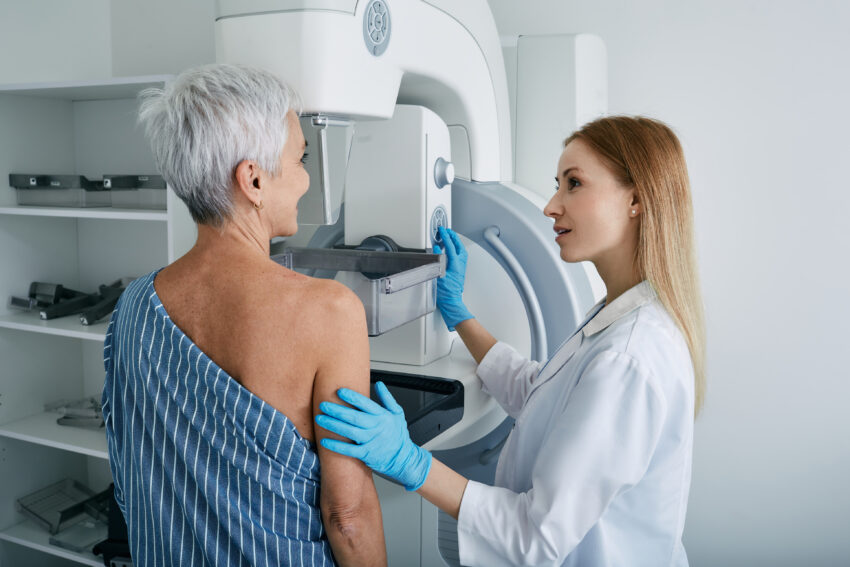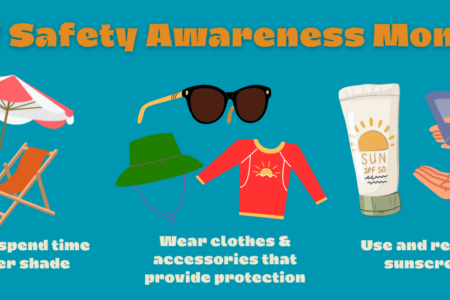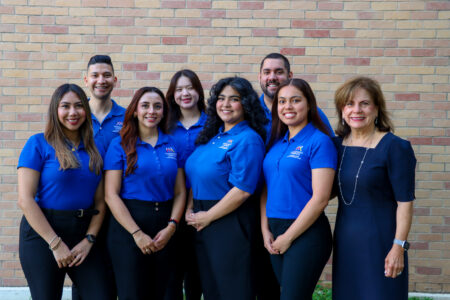
Share On Social!
New cancer cases are projected to surpass 2 million in 2024 – a first in for the U.S., according to American Cancer Society’s Cancer Facts & Figures 2024 report.
The landmark projection amounts to 5,500 diagnoses a day.
The American Cancer Society attributes the rise in cases to a growing and aging population along with an increase in diagnoses of six common cancers – breast, prostate, endometrial, pancreatic, kidney, and melanoma.
In addition, the organization is projecting over 611,000 deaths from cancer in 2024, a .19% increase from 2023. That is more than 1,600 deaths each day!
While cancer is prevalent across all people, it disproportionately continues to affect some groups, such as Latinos.
Cancer in Latinos
Cancer is a top cause of death for Latinos.
The most prominent forms of cancer burdening Latinos are infectious ones such as cervical cancer, which is 35% higher in Latino women than white women.
Liver and stomach cancers are known to affect Latinos twice as much.
However, Latinos also have some of the lowest rates of common cancers like female breast, colorectum, lung, and prostate. Still, Latinos face issues in early detection and survival for many of these cancers.
Causes of Cancer in Latinos
The issues found in cancer rates across the spectrum of communities have a root in the challenges that prevent populations from receiving quality healthcare.
For example, Latinos are impacted by cancer due to non-medical drivers of health such as unstable housing, transportation challenges, and lack of access to healthy food and safe places for physical activity.
“These populations have been subject to racial discrimination for hundreds of years. The resulting inequality in wealth has resulted in less access to fresh food, safe places to live and exercise, and receipt of high-quality cancer prevention, early detection, and treatment,” ACS researcher Rebecca Siegel said.
 Latinos make up 19.1%of the American population.
Latinos make up 19.1%of the American population.
But 17% of Latinos live below the poverty line.
When factoring in the use of government assistance, Latinos are 3% to 14% more impoverished, the report said.
Lack of health insurance has also created challenges for populations, such as Latinos, seeking cancer care.
The National Health Interview Survey estimates 28 million people were uninsured at some point in 2022, and in 2021 Latinos were among the highest uninsured populations at 34%.
In combination, additional health issues make it hard for Latinos to receive timely cancer diagnoses and care. They are often diagnosed when cancer has reached a more advanced stage, which costs more time and money.
Reducing Healthcare Issues and Cancer
The American Cancer Society identified several opportunities to reduce healthcare challenges.
To address cancer challenges, the American Cancer Society provides information and resources in multiple languages, including Spanish, and works to eliminate some of the issues associated with getting quality care, such as lodging and transportation.
Part of ending cancer challenges is speaking up for change.
The American Cancer Society continues to fight for access to affordable treatment for all by working with states to expand Medicaid eligibility and speaking up for the removal of cancer detection and prevention copays, and actively campaigns for clinical trial participation from different populations.
Another key is improving access to healthcare, including the expansion of online health systems and tools like telehealth, which has the power to bring healthcare to rural areas.
Learn more about the American Cancer Society’s advocacy work and initiatives here.
You Can Do Your Part to Fight Cancer
Clinical trial participation can improve cancer outcomes among Latinos and all people.
Clinical trials help researchers better understand, manage, and create effective treatments for diseases, such as cancer.
That is why Dr. Amelie Ramirez, leader of Salud America! at UT Health San Antonio, is creating new ways to urge Latinos to volunteer for clinical trials thanks to a grant from Genentech, a member of the Roche Group.
On the Salud America! website, Ramirez is showcasing open clinical trials.
Clinical trials help us fight for our familia.
Clinical trials are studies that help researchers learn more to help slow, manage, and treat Alzheimer’s and cancer for current and future family members. But without volunteers for clinical trials, the benefits may miss this group.
Visit our clinical trials page to find a clinical trial, read about hero volunteers, and more!
“Volunteers in clinical trials are not only helping themselves, but they’re also building a future with better treatments that can help their families in the future,” said Dr. Amelie Ramirez, director of Salud America! and the Institute for Health Promotion Research at UT Health San Antonio.
Learn More about CLINICAL TRIALs!
By The Numbers
142
Percent
Expected rise in Latino cancer cases in coming years



